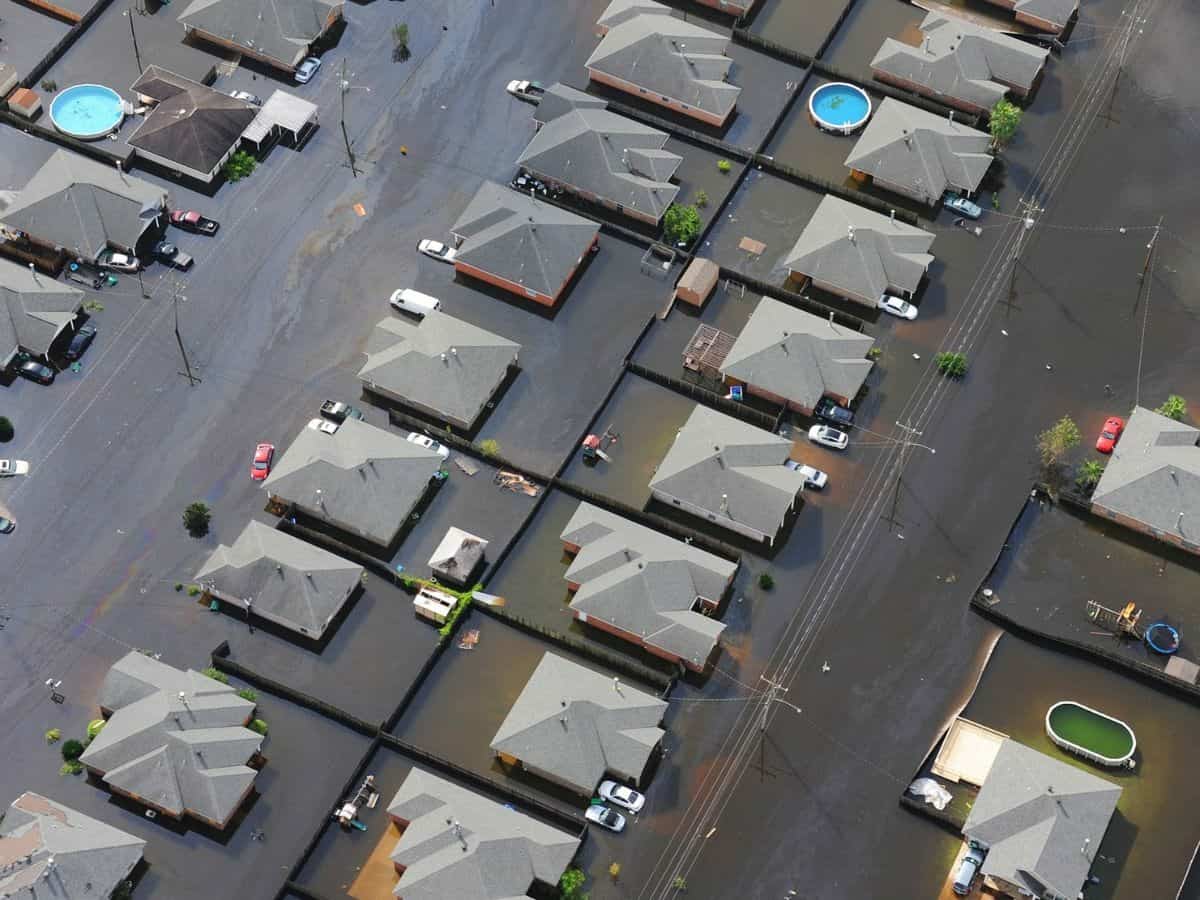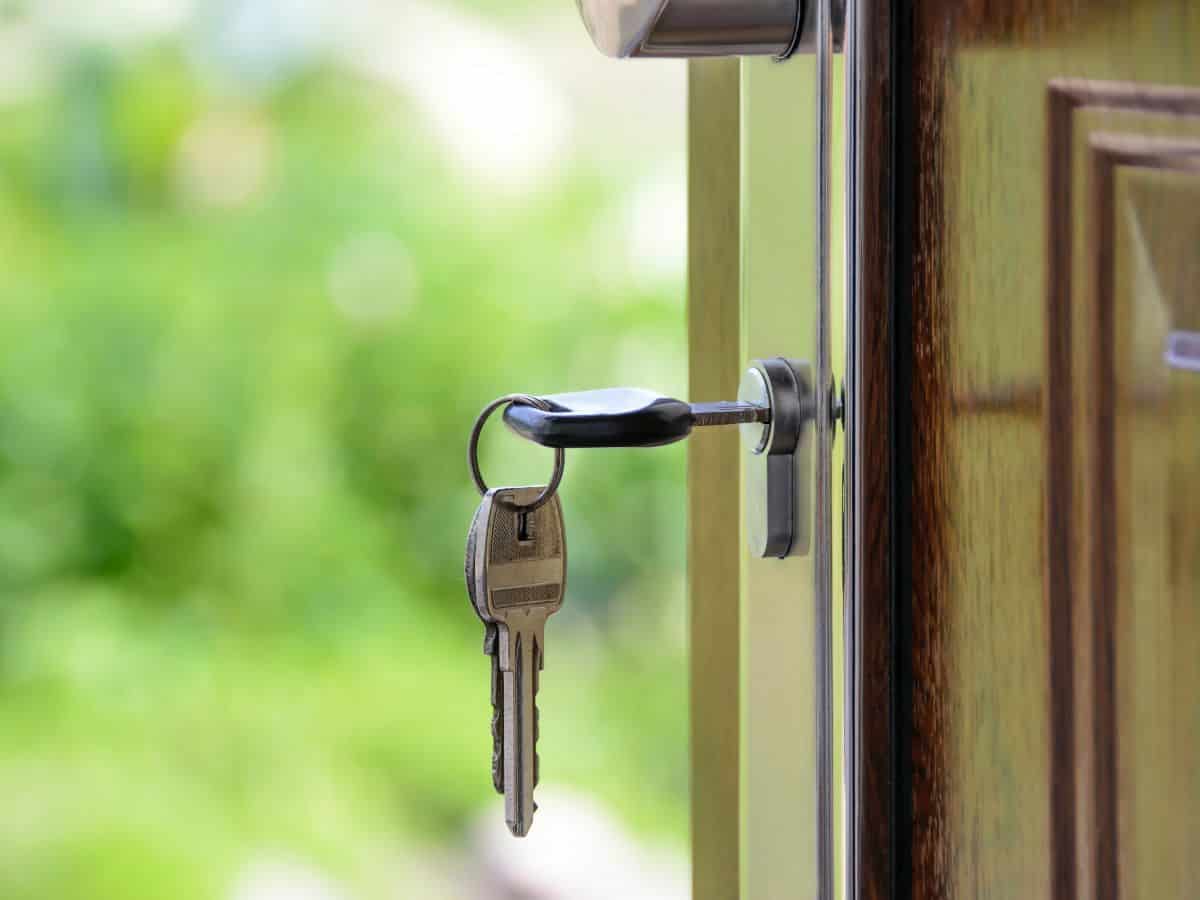There is so much that goes into buying your first home. Finding the right neighborhood, understanding the best price to offer, and understanding property tax. However, one thing that could slip your mind is wondering what is the best home insurance for that household. Maybe the house is over 100 years old and you didn’t think about how much it would cost in insurance. Or, maybe it’s a new construction and you didn’t realize your insurance could be cheaper.
You hear about it all the time. “Oh, I wish I had known about this when I first bought my house,” or “I wish someone would have told me about that,” or “what is the best home insurance and did I get it?” Don’t let a future regret like this loom over your head; here are the top things to know for finding the best home insurance for first time buyers.
Where to Start When Insuring Your New Home
First, you should know some key facts about insurance. If you don’t totally understand what home insurance is, don’t be embarrassed! Everyone has to learn this information, so if you’re unsure or need a quick refresher, we have you covered. Our blog post covers everything you should know about insurance, and what to do if you need to file a claim.
Your state can affect your rate
Here are the top 10 States with the highest average homeowner insurance rates, as provided by How Much.
- Oklahoma: $4,445 (92.8% above average)
- Kansas: $3,931 (70.5% above average)
- Arkansas: $3,439 (49.2% above average)
- Florida: $3,439 (49.2% above average)
- Texas: $3,429 (48.8% above average)
- Mississippi: $3,340 (44.9% above average)
- Louisiana: $3,270 (41.9% above average)
- South Dakota: $3,172 (37.6% above average)
- Nebraska: $3,133 (35.9% above average)
- Missouri: $3,111 (35.0% above average)
Mortgage Lenders Will Require Home Insurance
Think about it: you took out a mortgage, so that lending company is going to need to know that they made a good investment in you. Therefore, you need to start shopping early on home insurance. You’ll need to be insured before closing, so start looking around 30 days before closing. You don’t want to make a rushed, last-minute decision. Do your research, and find what is the best home insurance rate for your home by having multiple different offers.
Search For Discounts
There are different discounts for home insurance, that can help lower your rate. Some of these discounts can be because:
- You are insuring a new construction house
- House is under 14 years old
- Bundling home and auto insurance
- Brand new roof
- Protective services such as: fire alarms, security system, and internal sprinkler systems.
- Green certifications from Energy Star, LEED, or EPA.
Understand What Your Insurance Covers
Did you know that a standard home insurance policy doesn’t cover floods?
It’s true. If you’re living near a body of water, your home is seen as a higher risk, and insurance companies won’t offer you flood insurance. You will need to take out a separate flood insurance policy. Even if there’s one inch of water in your basement, FEMA estimates that it can cost you up to $25,000 in damages.

There are five key things that your insurance will cover, as outlined by Forbes.
- Dwelling: this covers the cost to rebuild your home if it was damaged for any reason. This includes natural disasters and fires. This does not include flooding, unless it is exclusively outlined.
- Personal Belongings: this includes the cost to replace or repair personal belongings after an event such as theft, fire, or lightning strikes. You have the ability to upgrade your policies if you’d like more coverage for your belongings.
- Liability Insurance: This will pay for medical expenses and/or property damage that household members can cause to others while on the property. If you have a guest that breaks their leg on a trampoline, or gets a dog bite, they could sue you for medical expenses; your liability insurance will cover it. Typical homes have a starting limit of $100,000, but you should consider raising it to $300,000 or more, because this is money that you’d be sued for.
- Medical Payments to Others: This is there for minor injuries, like if someone were to require a small amount of stitches.
- Additional Living Expenses Coverage: This is the extra “loss of use” such as hotel bills, meals or other costs if you cannot live in your home due to a problem covered by your policy, like a tornado, fire or collapsed roof.






